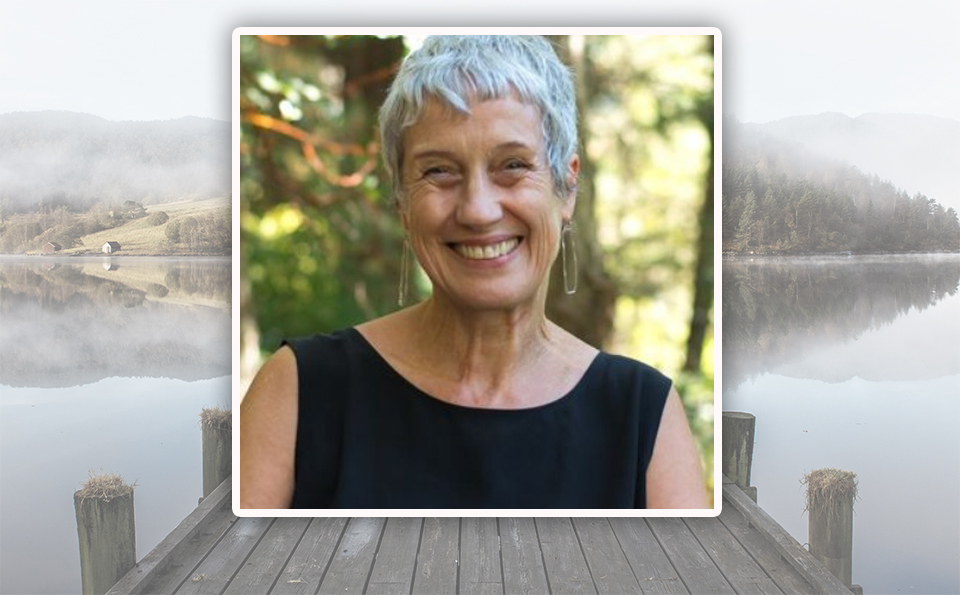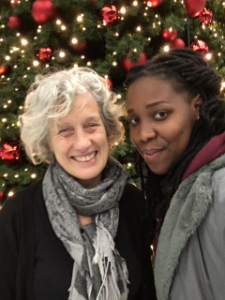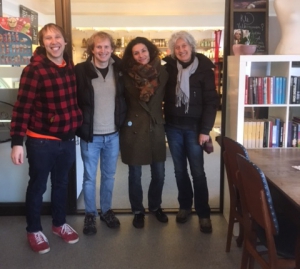From Flekke to Nobel
A world with stable power balance, where nuclear weapons are not involved?
A diverse group of students from UWC Red Cross Nordic in Flekke has been invited to attend the Nobel Peace Award in Oslo on December 10th. Henrik (Norway), Akari (Japan), Jinho (East Timor), Jorge (Mexico) and Mikkeline (Denmark) are the lucky ones who will attend the ceremony, meet survivors of the Second World War bombings of Japan and engage in a dialogue with the Nobel Peace Prize winners, ICAN, on a live Al Jazeera interview. ICAN have received the award in recognition of their role in establishing the UN Treaty on the Prohibition of Nuclear Weapons. The agreement was adopted on July 7th with the backing of 122 nations. It offers an alternative to a world in which threats of mass destruction prevail. Our young students are excited to see how much they will be able to engage directly with ICAN during the Al Jazeera interview. Do you realistically see a future in the world with a stable power balance, where nuclear weapons are not involved? This is one of the questions they would want to hear an answer to from Beatrice Fihn and her colleagues. The event will be a highlight in their study period at UWC, which is dedicated to education for peace.





